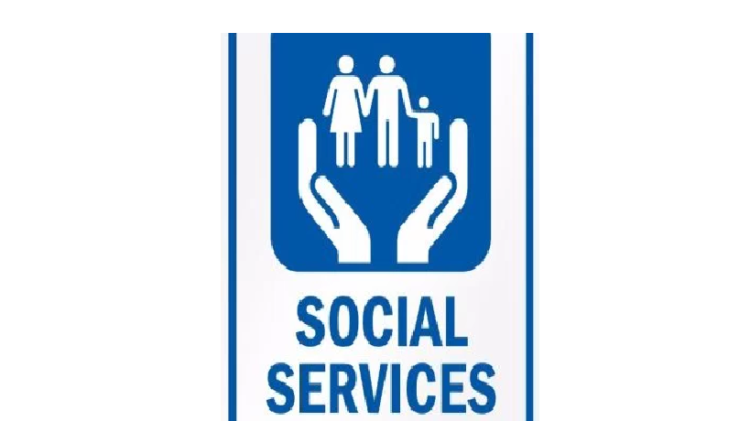By James Simons-
A case review into the death of an 18-day-old baby, exposed a lack of social workers’ understanding to the risks of concealed pregnancies.
The case review conducted by Portsmouth Safeguarding Children Board(PSCB) highlights the sad and untimely death of Child E ,aged 18 days old due to suspected abuse. It also highlights the vulnerability of the adults involved in the children’s care, including historic alcohol misuse, associated mental health difficulties and domestic abuse
The review into how agencies in Portsmouth worked with the family prior to the child’s death found that the mother stopped attending meetings and interacting with agencies for about eight months before giving birth to a child, known as Child E. The mother proceeded to then kill child E 18 days later.
The mother was later found guilty of murder and grievous bodily harm, while the father was charged, tried and acquitted of causing or allowing the death of a child.
On the 1st December 2014 an ambulance was called to the family home were Ms X (mother) had given birth to a baby boy (Child E). The mother and baby were transported to hospital where they remained for approximately four days. The investigation found there were no
complications, and mother and baby were well on admission. Ms X however had received no antenatal care and claimed to hospital staff that she did not know she was pregnant.
Te review also found that whilst in hospital on the 2nd December, there was an altercation between Ms X and Mr W (father) whereby Ms X was seen by the midwife to have blood around her mouth , although no assault was witnessed but midwives in the hospital were concerned that the argument was protracted and causing distress to other patients and moved the family to a side room. Child E’s older sibling Child F was also present during the argument.
During the period the girl she was out of touch with agencies, the mother received no antenatal care and stopped taking prescribed medications for depression and hypertension
At the hospital, after the child was born, there was an incident between the mother and father where the mother presented to midwives with blood around her mouth.
They made a referral to children’s social care, but it was decided the case did not meet the threshold for an assessment under the Children Act. and instead it was decided that the community midwife should complete a common assessment framework (CAF).
“It appears that the full context of the situation and its severity was not conveyed in the details to [children’s social care] with the outcome that the decision stood for the midwife to conduct a CAF,” the report said.
It said this decision was made with the “erroneous” information that the family were not known to services, when in fact a social work assessment had been carried out regarding them and their older child, Child F before.
“In analysing the above event it would seem that the information exchange between [children’s social care] and hospital staff was not tight or timely and there was an initial lack of understanding between the two agencies about the level of concern.
“The lack of clear procedures in respect of concealed pregnancies was also a factor in the misunderstanding between the agencies and the situation could not be moved forward by clear multi agency policy to guide practitioners, as the current guidance is not explicit.”
SHARED UNDERSTANDING LACKING
The review concluded agencies need a shared understanding of the risks associated with concealed pregnancy.
“Hospital staff did have an understanding of these risks but failed to adequately convey them to [children’s social care staff] staff in the first instance leading to a delay in the assessment of the family. The review has highlighted the importance of agencies making detailed and thorough referrals. The circumstances surrounding any concealed pregnancy should be subject to detailed multi agency investigation and where appropriate, support in terms of psychological or psychiatric input should be considered as part of any assessment.”
Since the child’s death, the council has updated processes around concealed pregnancy.
There is now a mandatory reporting protocol to children’s services for assessment if concealed pregnancy is suspected, and training for staff about the risks associated with concealed pregnancies is now integrated into courses offered by the local safeguarding children’s board.
‘

